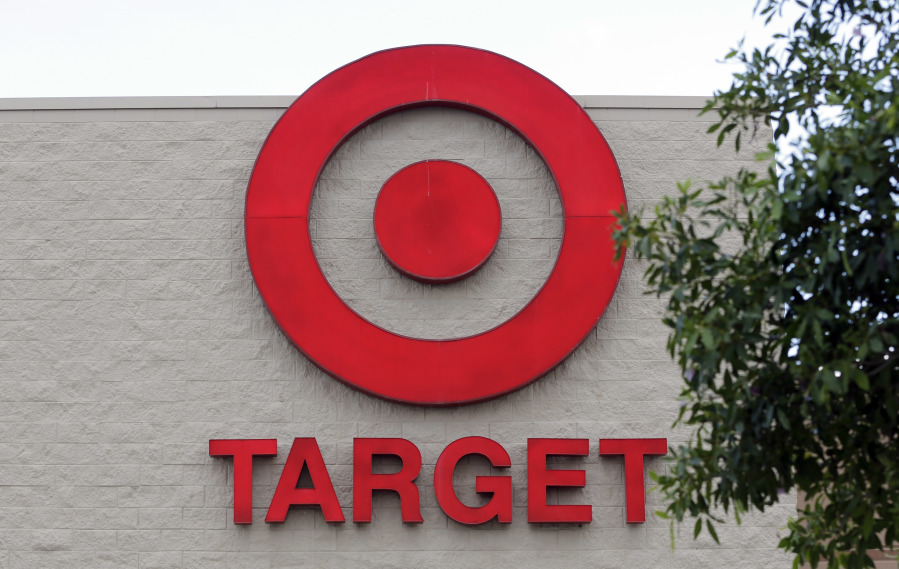SEATTLE — In the wake of Target’s announcement Tuesday that it would close two Seattle stores — and three more in the Portland area — due to safety concerns, questions remain about whether crime was in fact the main driver.
The Target locations with the most calls for service to Seattle police, according to a recent report by the Seattle Office of City Auditor, are in Northgate, downtown and Westwood Village. The stores to be shuttered next month — one in Ballard, another in the University District — went unmentioned in that July examination of organized shoplifting in the city.
Both closing stores are relatively new, opening in 2019 as part of a push by Target to shore up its bottom line by opening smaller, more profitable stores in urban areas.
Target declined repeated requests to explain why those were among the nine U.S. stores slated to be closed. According to the Minneapolis-based company, there will still be 22 stores with nearly 4,000 employees in the Seattle area.




